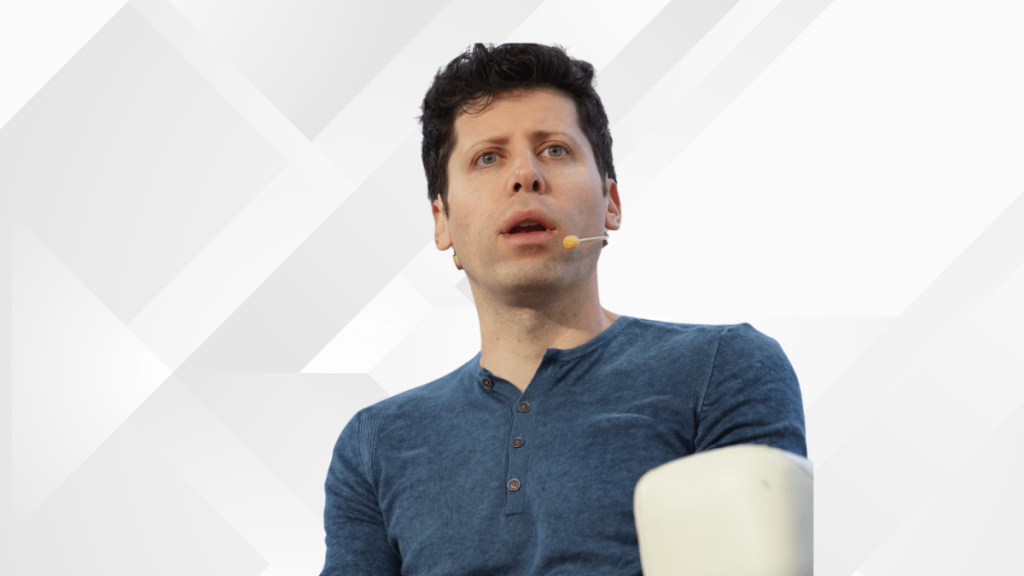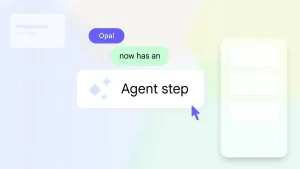Whistleblowers Accuse OpenAI of Imposing Illegal NDAs

A storm is brewing for OpenAI. Whistleblowers have come forward with serious accusations. They claim the company has enforced non-disclosure agreements (NDAs) that are too restrictive. These NDAs allegedly prevent employees from speaking to regulators about potential legal violations without prior consent from the company.
The whistleblowers’ legal team has already reached out to the SEC. They sent a letter to SEC chair Gary Gensler outlining their concerns. This letter suggests that OpenAI’s NDAs are not just restrictive but potentially illegal. The allegations arrive at a particularly challenging time for OpenAI, marked by notable employee departures.
Whistleblowers Raise Concerns
A group of whistleblowers has recently come forward to raise concerns about the practices of OpenAI. They allege that the company has demanded staff to sign non-disclosure agreements (NDAs) that are illegally restrictive, particularly in how employees can communicate with regulatory bodies about possible securities violations. According to the whistleblowers, these contracts require workers, including former employees and even investors, to obtain prior consent before sharing any information with the federal government. This requirement has created an environment where individuals feel deterred from speaking out, thus putting potential issues under wraps.
The whistleblowers, represented by legal counsel, have sent a letter to SEC chair Gary Gensler detailing these allegations. The letter underscores that such restrictive NDAs could illegally hinder employees from alerting government agencies to any harmful behavior they might observe within OpenAI. Given the context, these claims are especially worrying in light of recent high-profile departures from the company. For instance, one of OpenAI’s co-founders and former chief scientists, Ilya Sutskever, left the organization earlier this year.
Allegations of Illegal Restrictions
The legal representatives of the whistleblowers argue that OpenAI’s NDAs impose illegal restrictions. They claim that these NDAs effectively act as a barrier to employees who want to report any misconduct. This notion is particularly troubling because it implies that even when harmful behavior is identified, it may go unreported due to fear of repercussions or legal challenges.
In their correspondence to the SEC, the whistleblowers stress that requiring prior consent to disclose information stifles transparency and accountability. The SEC’s role in regulating securities markets makes it critical for employees to feel free to report any irregularities. The whistleblowers hope their actions will prompt a thorough investigation into OpenAI’s practices.
According to the whistleblowers, these restrictive agreements serve to protect the company at the potential cost of ethical governance. Such claims put a spotlight on the importance of creating safe channels for employees to raise concerns without fear of retribution.
Impact on OpenAI’s Workforce
The allegations have surfaced at a time when OpenAI is witnessing significant changes in its workforce. Notably, multiple high-profile employees known for their commitment to safety have departed the company this year. This includes Ilya Sutskever, whose exit has added fuel to the fire in terms of questioning internal practices at OpenAI.
The timing of these departures is suspicious to some. Could these exits be related to the restrictive NDAs? While no direct connections have been made publicly, the coincidence does raise eyebrows. Current and former employees are reportedly concerned about the broader implications of these agreements.
Employee morale can be significantly affected by such allegations. If workers feel that they can’t speak out about issues without facing consequences, it could create a toxic work environment. This atmosphere can lead to further departures, as staff members may seek workplaces where they feel safer and more valued.
Historical Context of NDAs in the Tech Industry
NDAs are not uncommon in the tech industry. Companies often use them to protect intellectual property and maintain competitive advantages. However, the scope and enforcement of these agreements can vary widely.
Historically, there have been instances where NDA practices faced scrutiny and legal challenges. For example, some tech companies have been criticized for using NDAs to cover up workplace harassment or fraud. These cases have led to public outcry and legal reforms aimed at protecting whistleblowers.
In the case of OpenAI, the allegations suggest a different kind of misuse: restricting lawful communication with government authorities. If proven true, this would not only be unethical but also illegal, as it conflicts with laws protecting whistleblower rights.
Potential Legal and Ethical Implications
If the claims against OpenAI hold up under investigation, the company could face serious legal repercussions. Violating whistleblower protection laws can result in hefty penalties and damage to the company’s reputation. Moreover, it could prompt regulatory bodies to enforce stricter oversight on NDA practices across the tech industry.
Ethically, the allegations against OpenAI underscore the importance of transparency and accountability in corporate governance. Companies must foster environments where employees can report wrongdoing without fear of retaliation. Failing to do so not only puts the company at risk but also undermines trust in the industry as a whole.
Therefore, the case against OpenAI could serve as a cautionary tale for other tech firms. It highlights the need for balanced NDA policies that protect proprietary information while also safeguarding employees’ rights to report misconduct.
whistleblower protections Under U.S. Law
The U.S. has robust laws in place to protect whistleblowers. These laws are designed to encourage individuals to report unethical or illegal activities without fear of retribution. Key legislation includes the Whistleblower Protection Act and various federal statutes covering specific sectors.
The Whistleblower Protection Act of 1989, for instance, provides federal employees with a safe route to report misconduct. Similar protections exist for private-sector employees under laws like the Sarbanes-Oxley Act, which specifically targets corporate fraud.
Given these protections, any attempt by a company to silence employees through restrictive NDAs is highly problematic. It risks not only legal consequences but also public trust, as companies are expected to uphold high ethical standards.
Reactions from Social Media and Public Opinion
Public reaction to the allegations against OpenAI has been mixed. On one hand, some social media users express outrage over the restrictive practices described by the whistleblowers. They argue that such actions undermine trust in tech companies and call for stricter regulations.
On the other hand, some individuals argue that NDAs are necessary to protect sensitive corporate information. They caution against jumping to conclusions without a thorough investigation. This divided opinion showcases the complex nature of NDAs and their role in the tech industry.
Meanwhile, advocacy groups are rallying for stronger whistleblower protections. They argue that cases like these highlight the need for more robust legal frameworks to ensure that employees can speak out without fear of retaliation.
Next Steps and Future Developments
The allegations against OpenAI are still unfolding, and it remains to be seen what actions the SEC will take. A thorough investigation could take months, and the outcome could have far-reaching implications for both OpenAI and the broader tech industry.
In the meantime, these allegations could prompt other companies to reevaluate their own NDA practices. This may lead to a broader industry-wide shift towards more transparent and ethical policies concerning employee rights and whistleblower protections.
As the story develops, it will be important to keep an eye on the reactions from regulatory bodies, advocacy groups, and the tech community at large. The outcome of this case could set a precedent for how NDAs are used and enforced in the future.
The seriousness of the allegations against OpenAI cannot be overstated. These claims, if validated, represent serious legal and ethical violations. Accountability and transparency are pivotal in maintaining trust, and these alleged practices threaten that foundation.
The public and regulatory response will be crucial, as it could force broader changes not just at OpenAI, but across the tech industry. This case underscores the need for balanced NDA policies that protect both corporate interests and employee rights. All eyes will be on the unfolding investigation and its potential ramifications.





